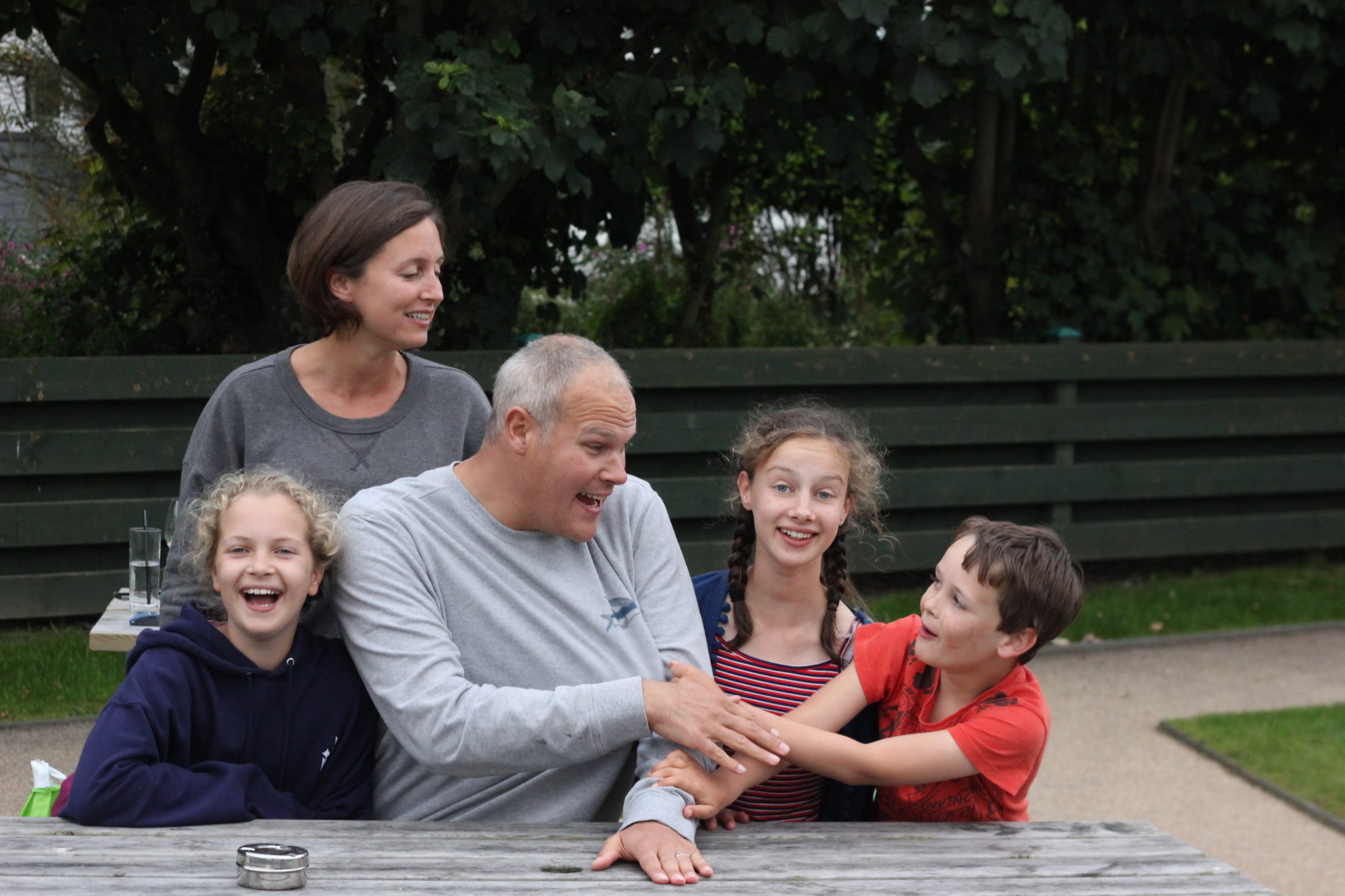
30 May How to teach your child self-care.
Self care is not just for stressed-out grown ups. Self care is an important life skill we can and should be teaching to our children. And just in case you think I am going to be instructing you to spoil your child, to give them whatever they most desire all in the name of mental health, let me reassure you. My favourite definition of self-care (which makes it obvious it is a skill we all need is) –
self care: proactively creating a life you don’t need to regularly escape from*.
Self-Care is about making sure we are able to enjoy our lives to the full without often falling apart when the stress/ busyness/ pressure/ responsibility gets too much. The only way to do this is to design a life where our needs are met and we have time for rest, and to care for ourselves in the ways we need. As we are all unique and have different interests and talents, skills and preferences, self care will look different from person to person. There is no one size fits all.
Just like us, children also live in this world that moves too fast and expects too much. Their days can be as busy as ours with school and home-work and after school activities. Even weekends can become crammed full; accompanying adults as they do chores, and of course attending the obiquitous classmates’ birthday parties. Children need to be helped to find ways to regulate their bodies and minds and to take care of themselves.

Before we begin: the primary way children learn is by copying. If your child sees you taking time to care for yourself they will start, without you saying anything, to do the same thing for themselves. We can teach children they need to be aware of their own needs and not put others first all the time by making sure this is what we are also doing.
Self-care can look different for children than it does for us; they’ve got lots of energy that needs to be released, and they can’t verbalize their feelings as well as we can. Physical activity as well as creative outlets are very helpful for children to discover, release and sometimes share their feelings, anxiety, and fears.
Here are some self-care ideas that are great for children (many are also excellent for grown ups too!):
- Going for a walk with Mum or Dad, an opportunity to know they are special and cared for, maybe an opportunity to make some space for them to open up about something that is concerning them.
- Retreating to a quiet place and doing a quiet activity to reset themselves, such as reading or lego or colouring in (very helpful for highly sensitive children). All children need regular breaks from activity and noise and the over-stimulation of their days.
- Taking deep breaths. Teaching your children how breathing can be the key to a calm mind and body, is an invaluable skill they will take throughout their life and can help them at moments of stress. Mindful breathing, and visualisation can help this process. Headspace has an excellent free app for children with different activities for different ages. The sessions are designed for different needs and times of the day and parents are encouraged to do these with their child. This is an excellent way to begin talking about the importance of mindfulness and caring for our brains as we do our bodies.
- Telling others what they need in the moment with assistance from Mum or Dad. Learning to discover, acknowledge and vocalise their needs is not something that is going to be achieved overnight but repeating this practice often will help your child to become aware of how they are feeling and what they need.
- Drawing or painting their feelings.
- Stroking their cat or dog, a great grounding action which brings calm as they sense their pet’s breathing and warmth.
- Watching a funny movie.
- Eating whole foods, eating regular meals and having consistent bedtimes. A routine is essential for children (as, I would argue it can be valuable for adults). Making an effort to be consistent about sleep and food will help your child to regulate their energy and moods. It also helps your child know what is expected and when, creating a sense of security and safety.
- Having a bath.
- Reading empowering books together. You can find an excellent list here.
- Sitting in their special area with their favorite things, maybe a blanket covering them. (A weighted blanket can add to the sense of security and safety). Personal and private space is important no matter what age and teaching your child to recognise when this is what they need can be invaluable.
- Listening to music
- Playing with play-doh or some other malleable tactile substance, getting messy and using their senses.
- Going to the playground, doing sport or going for a walk to burn off anxious energy. In the same way that it can be helpful for adults to exercise to regulate their moods and the production of adrenaline, the same is true for children. Exercise is not only good for the body, but also for the mind.

Do you have any more ideas for ways we can teach our children the skill of self care? I’d love to hear them, why not share them in the comments below.
*I found this excellent definition in this blog post.
No Comments